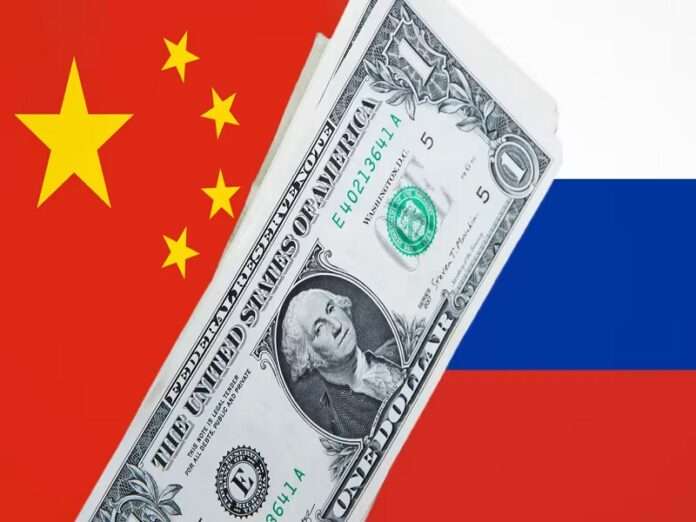Russia’s Special Presidential Representative for SCO Affairs Bakhtiyor Khakimov revealed last week that “It’s no secret, but we, for example, and I mean the Russian side, are facing serious difficulties in transferring our share contribution to the general budget of the SCO, because the bank is located in China, and, according to the basic documents, the share contribution is made only in US dollars.” China’s voluntary compliance with US sanctions therefore prevents Russia from paying its SCO dues.
Unlike what Khakimov claimed, while this wasn’t officially a secret, it wasn’t exactly public knowledge either. Many among the Mainstream Media and the Alt-Media Community alike are under the false impression that China proudly rebuffs all of the US’ sanctions demands due to Beijing’s sharp rhetoric about them. This is in spite of RT informing the world about Russia and China’s US-provoked payment problems in early September. They wrote about it here, which was then analyzed here.
Those who might have shrugged off that report as hyperbole or imagined that it was a “5D chess master plan” to “psyche out the US” like some on social media speculated now know that it was accurate after what Khakimov just revealed. China is so afraid of the US’ secondary sanctions threats that it won’t even let Russia pay its dollar-denominated SCO dues despite both being among its founding members. This reality is the exact opposite of what the general Western and non-Western public thought.
Few among them knew that the organization’s dues were denominated in dollars, which was probably agreed to at the turn of the century during its founding for reasons of financial convenience but wasn’t ever modified even after the West’s unprecedented sanctions against Russia since 2022. It’s frankly surprising that no changes were made after that nor any workarounds devised, so much so that Khakimov felt that he had to complain about this publicly, considering the SCO’s security-centric focus.
After all, the unconventional security threats that its members tackle also concern financial ones as well, but the priority has hitherto been on stopping terrorist and other criminal financing. Devising workarounds to other countries’ secondary sanctions threats, which essentially amount to political coercion through economic-financial means, hasn’t ever been something that they really considered. Nevertheless, sanctions are still objectively a threat to security, which is now beyond obvious.
China’s complex economic-financial interdependence with the US, which the latter has the political will to weaponize due to its belief that the former will either comply with its demands or that it wouldn’t go on the financial offensive (e.g. seriously trying to damage the dollar) after being punished for refusing, is responsible for this. No value judgement is being suggested since all sovereign states like China always put their national interests first and it would be ridiculous for it to risk them just for Russia’s sake.
That said, Khakimov’s revelation is still embarrassing for Beijing due to how powerfully it contradicts the non-Western public’s expectations of its policy towards this issue from an unassailable authoritative source. What he disclosed can’t be dismissed as so-called “fake news” but as a statement of indisputable fact, though hopefully the progress that was made on accelerating financial multipolarity processes during last week’s BRICS Summit in Kazan can lead to a speedy resolution of this ignominious issue.








